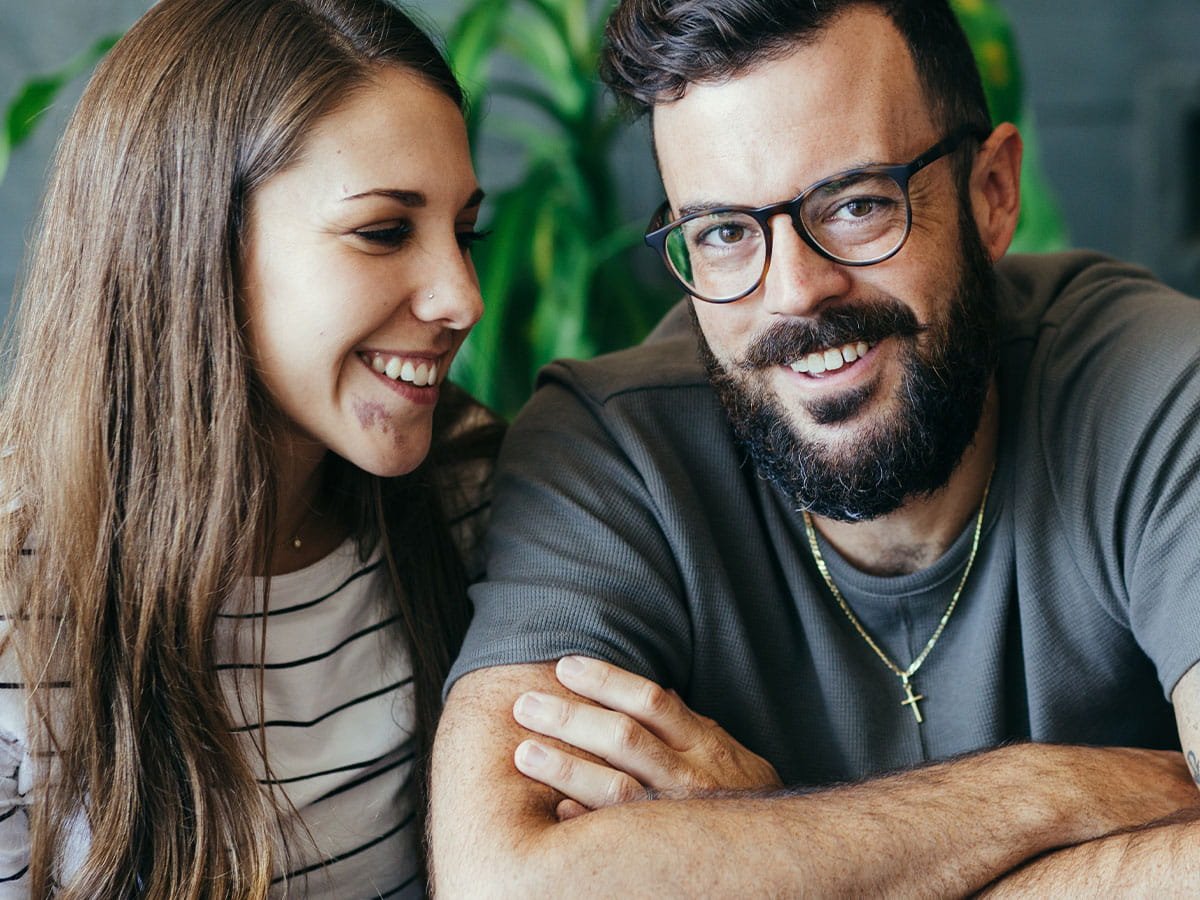For my husband of seven years and me, nothing seemed familiar. Every step was like walking on quicksand. At best, we could see in each other's eyes a glimmer of the person we once vowed "forever" to. But the glimmer wasn't nearly enough.
If I now realized that I didn't know then what I was saying "forever" to, did that count? Or was saying "forever" at the age of 21 God's gift to us before we allowed cynicism to touch our daily shores?
It was Advent. But I felt as if I was walking through the desert, more like Lent.
Inside I was saying, "I give up. I am tired of fighting. I am tired of trying to talk--only to end up in screams, or worse, cold stares. I am tired of lying next to a stranger at night, tired of the loneliness that comes from living in separate worlds under the same roof."
The list of things that brought us here seemed endless some days, short others. If we could point to the one thing that brought us to this point, what would it be? As is often true, the one thing we can point an accusatory finger to is normally only the surface, the symptom, of the actual disease. Was it one act of betrayal? Was it the painful realization that he hated me for ruining his life? Was it the fact that I blamed him for our struggle?
In reality, it really didn't matter. This was our desert. And the sand we threw at each other made it hard to see. The sun of anger made the heat unbearable.
On our way to church the first Sunday of Advent, I looked at our 7-year-old son walking in front of me, next to his dad. "He looks more and more like Michael," I said to myself without thinking. "He acts a lot like him, too."
"Did I hear myself right? Dear God--Is that so bad? Isn't there anything about this man that I like anymore?"
That's when it happened.
My husband reached down, grabbed our son's hand, brought it up to his lips, and kissed it. My son looked up and smiled a wide grin.
It doesn't sound like much. Meaningful things usually don't. But that's all it took for me to find a spark of hope, to discover that love was still alive inside the fortress that was my husband. That meant love could still be alive for us.
The tenderness I saw in him in that simple moment was more than all the mountains of trouble surrounding our dry and hot desert.
"The problems facing us are insurmountable."
Maybe.
"There are many destructive patterns we'd have to correct."
Definitely.
"The hours of talking will be innumerable."
Absolutely.
"Our relationship is unworkable."
Not yet.
The man who tenderly touched our son--that's the man I said "forever" to. Somewhere, he still is. That glimmer of hope is what scripture calls "patient endurance"--to hang in there, to believe with our hearts in what we cannot yet see.
I have never in my life cried and yelled at God as much as I did then, either. Yet I had never trusted in God's presence with the certainty of that time. I committed to prayer like never before. I sat quietly, daily, dropping all my anger before the Lord rather than flinging it at Michael. I waited, knowing that nothing that could happen at this time was in my hands. Only God could right the wrongs. I simply, honestly, humbly said "yes"--to whatever was to happen.
I kept repeating Dag Hammarskjold's words, "For all that has been, thanks. To all that shall be, yes."
On nights when the coldness between us seemed unbearable, I laid my hands over the man I was striving to love, praying quietly for him while he slept.
There was no miracle cure.
Advent passed. Christmas left. Soon it was Lent, truly a time I could empathize with. I felt the dryness of the empty desert landscape of my life. To survive I had to trust the bare necessities. I knew I could do it. Something was still "pregnant" within me.
Then, at Easter, Michael and I made arrangements to attend the Easter vigil together, without the children. It was the first time since we started our family that we went to the three-hour-long service. For some reason, we both wanted to go.
We gave birth to hope that Easter. Everything was not instantly fixed. The problems were not automatically solved. But hope was born in us that Easter--the hope that believes, endures, reaches to the sky, and lets go. It is the hope that our God who began the work in us will be faithful to complete it.
Almost 10 years later, nothing matters more to me--to us--than the certainty of God's hand in our lives. And in a very real and intimate way, in our marriage. I look back on those three years when Michael and I struggled with each other, with our images of self and other, with the blaming and condemnation, and I remain in awe. It is God's grace that carried us through the dark night, anointing our sacramental body, and led us to the light of Love. Out of that painful brokenness, we have grown as a couple more intimate--and real--than we ever knew was possible. We are both committed to individual, daily, quiet prayer, and to consistent time praying together. We know that hope can be born from the ashes. It's God's promise.
All we have to say is, "yes."

